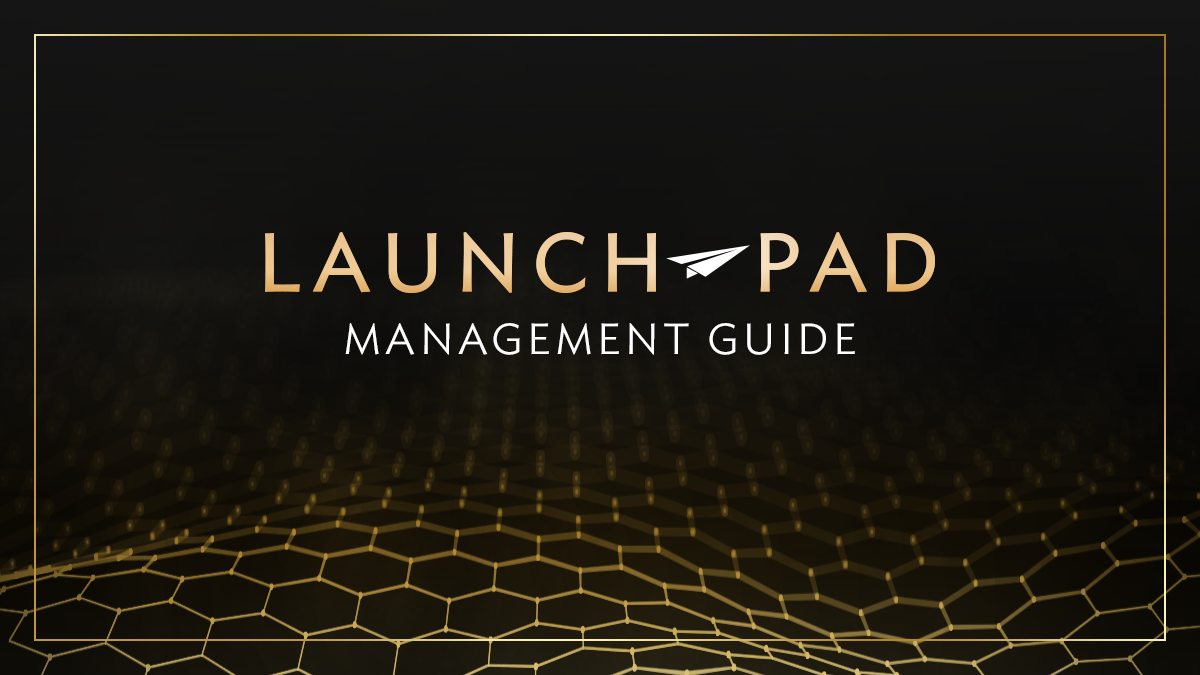
As every writer in Hollywood knows, the general meeting is the first kind of meeting you get. I remember being equally nervous and excited for my first one: “I’m on a studio lot! They offered me water! The exec is running late! I’ve made it, baby!”
But as your career evolves and you take all the other kinds of meetings—staffing meetings, pitch meetings, notes meetings—generals tend to lose their allure because, well, there’s just not that much at stake. Generals can often feel like an interview for a nonexistent job.
The thing is, and the reason why you should always take a general is because sometimes they do lead to things. You can snag an open writing assignment (OWA), get considered for staffing, or receive an ask for additional writing samples.
More importantly, many of the execs you meet in generals will get promoted and one day have important decision-making power.
That’s the primary reason why, when your reps and industry friends discuss general meetings with you, they all use the same phrase: “Be memorable.”

Making Memories Isn’t Easy
For me, though, that advice didn’t work. It psyched me out. How was I supposed to know what someone else—someone I literally just met, a total stranger—finds “memorable”?
In my opinion, I think the problem with advising writers to “be memorable” is that memory is a product of an experience and not itself an action one can take. It’s like advising someone to “record a hit song” or “write a blockbuster.”
By focusing on the desired end result of the general, I ended up sabotaging those early meetings with nervous over-talking and an energy level I’m sure everyone agreed was way too high.
So how do you create a positive, productive, and memorable experience?
Be Specific In a General
There’s a moment in every film and a whole lot of TV episodes where a character will relate to another character by sharing an anecdote that contains personal and specific details. Whether understated or overtly powerful, the anecdote reveals something about that character and provides insight into who they are, and why they are who they are.
Anecdotes are king in a general meeting for those exact same reasons—they are revealing.
The purpose of a general meeting is to learn more about the writer—what’s interesting about you, what experiences embody you, what are your passions? A personal, highly specific detail about yourself that answers any of those questions can forge a connection and make you—yup, I’m about to say it—memorable to the executive.
Read More: I Just Pitched Eight Producers and Four Networks. Here’s What I Learned
Define Yourself
It may sound daunting if you’ve never thought about it, but I guarantee that you have a handful of stories that define you.
Not sure what they are? Make a list of your passions and then think about why you’re passionate about them. Was there an event that introduced you to this passion? An important person you wanted to emulate? Something you read? A trip?
For example, I’m a lifelong basketball fan. Like a lot of kids, I fell in love with basketball at an early age in my driveway.
But basketball became vital to me later when I was a scrawny, lactose-intolerant nerd with huge glasses, a confusing name, and an experimental retainer (i.e., an obvious target for bullies). Playing basketball at recess and after school protected me from those bullies and turned some of them into willing teammates. Basketball saved me.
Also, the retainer experiment failed. Hello to my fellow overbiters!
Lean into Emotion
It’s easy to trap yourself into thinking general meetings are like traditional job interviews and forget that you’re pitching yourself as a writer. So do yourself a favor and don’t forget about your superpower: the ability to convey and portray emotion. You do it in scripts, so you can do it in person.
How does that translate in a general? Allow yourself to be vulnerable. When you read the room and it seems appropriate, go to that dark place or that embarrassing story or that secret obsession. Talk about the important people and moments in your life—your passions.
That said, please note that being vulnerable is not exclusive to traumatic experiences or 10-minute monologues. I consider my basketball anecdote vulnerable, especially because I’m still a lactose-intolerant nerd.
Read More: Why Voice Is So Important to Your Screenwriting Career
Be Intentional
It’s helpful to have two or three anecdotes or go-to personal stories in your arsenal, and even better if you can work at least one into the inevitable moment when you’re asked to talk about your journey as a writer.
Think of yourself as a character in a series you’re pitching. Give them some relevant history and an example of what makes you you. Yes, totally work in those accolades and most recent wins. Just don’t force a personal story—let the conversation evolve organically.
Also, don’t forget that the exec is a real person, too. Ask them questions, be curious. Remind yourself that you and the exec already have something in common—you both love your writing!
Like, maybe, overbites.
Aim for Connection
The true goal of a general meeting is to make a connection with the exec. Every personal detail, anecdote, and vulnerable story you share in the meeting represents an opportunity for that connection.
If you do that, even if the general doesn’t lead to anything right away, you can at least rest assured that the exec left the meeting with something to remember you by.
Read More: Your Favorite Writing Format Could Be Holding Back Your Career



